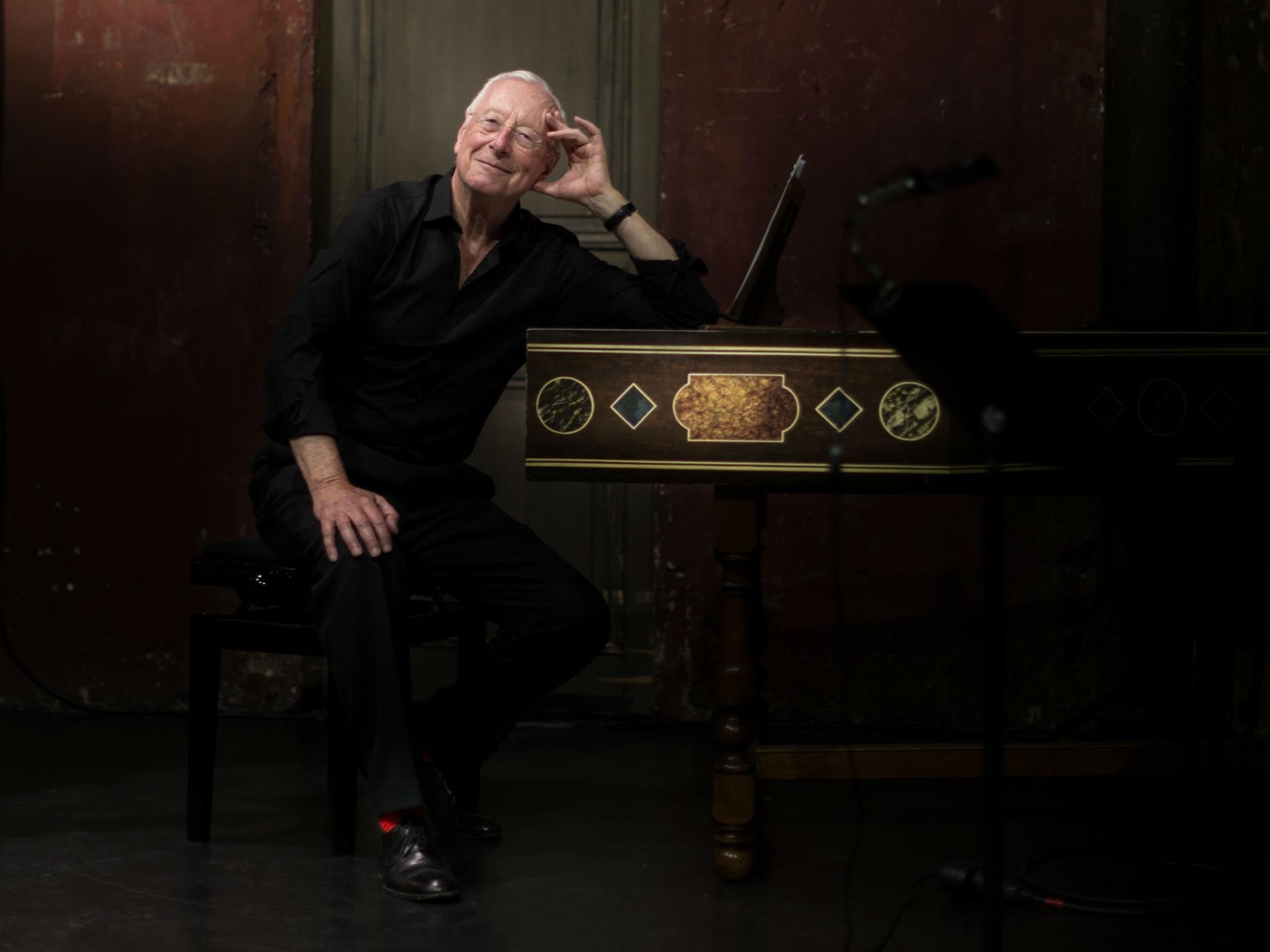Les Arts Florissants, Barbican, London, review: A brilliant evening
William Christie and his Paris-based ensemble Les Arts Florissants performed pieces from Monteverdi's final work

Your support helps us to tell the story
From reproductive rights to climate change to Big Tech, The Independent is on the ground when the story is developing. Whether it's investigating the financials of Elon Musk's pro-Trump PAC or producing our latest documentary, 'The A Word', which shines a light on the American women fighting for reproductive rights, we know how important it is to parse out the facts from the messaging.
At such a critical moment in US history, we need reporters on the ground. Your donation allows us to keep sending journalists to speak to both sides of the story.
The Independent is trusted by Americans across the entire political spectrum. And unlike many other quality news outlets, we choose not to lock Americans out of our reporting and analysis with paywalls. We believe quality journalism should be available to everyone, paid for by those who can afford it.
Your support makes all the difference.We’ve had loads of Monteverdi during his centenary year, but for those who can never get too much of his music, William Christie and his Paris-based ensemble Les Arts Florissants provided a brilliant evening. Their programme consisted of pieces drawn from his final work, Selva morale e spirituale, which translates as ‘Moral and spiritual forest’, that being a very suitable title for this capacious anthology of hymns, psalms, motets, sacred madrigals, and solo songs.
Composed while Monteverdi was choirmaster at St Mark’s in Venice, these works are astonishingly varied and reflect his supreme artistry in both luxuriously-extended and fiercely-condensed forms. His full-dress Gloria is an example of the former; his two-minute madrigal E questa vita un lampo – ‘This life is a flash of lightning’ – is a perfect example of the latter, expressing huge philosophical ideas in a nutshell: its first two lines go like the wind, then it broadens out in an expansive largo, before expiring in an explosion of busy counterpoint.
With eight singers, seven instrumentalists, and himself swivelling on his stool to accompany on both organ and harpsichord, Christie presented this refined amalgam of music and poetry in all its sophisticated emotional ambivalence. ‘Today we laugh and tomorrow we shall weep’ – with its images of beauty, decay, and corruption – was sung with alternating levity and sobriety; as Alexandra Coghlan observed in her elegant programme essay, in this music ‘certainty almost always turns to doubt’. Arianna’s lament in its solo Madonna form moved between frantic desperation and despairing resignation in soprano Lucia Martin-Carton’s performance; Monteverdi’s instruction ‘recitar cantando’ – ‘speak through singing’ – was faithfully followed in soprano Emmanuelle de Negri’s delivery of the ‘Confitebor terzo’. The male singers achieved their rapid ornamented runs with a relaxed accuracy devoid of any preciousness. In technical terms, this was a very classy act.
Join our commenting forum
Join thought-provoking conversations, follow other Independent readers and see their replies
Comments